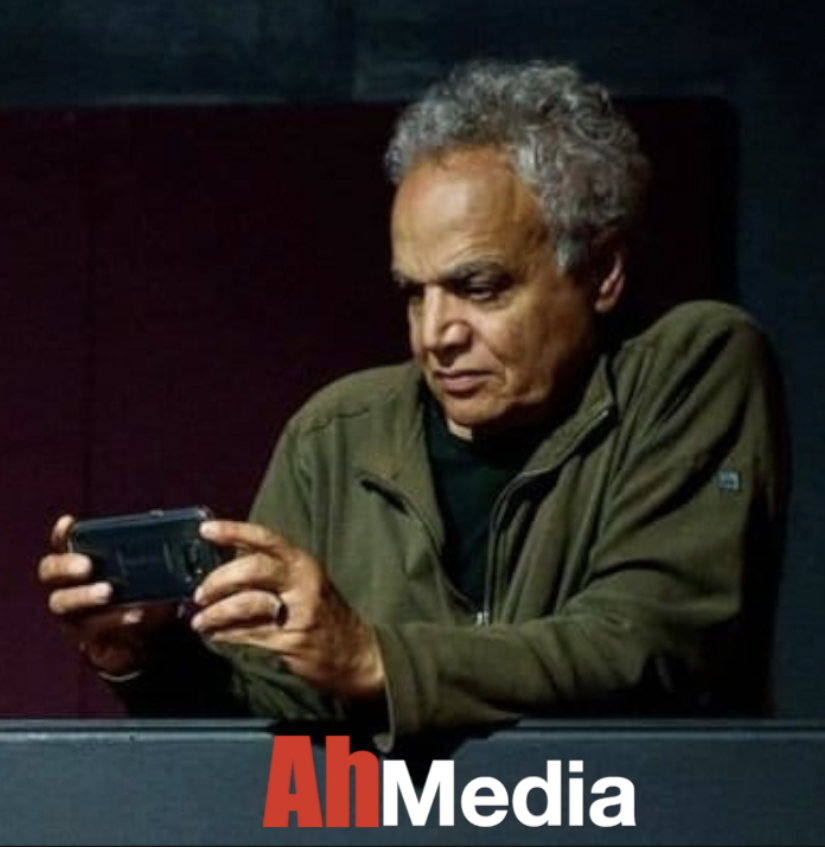Ahmed Tharwat
Right before the election, Osama bin Laden showed up again on the Arab Network, Al-Jazeera, like the release of another scary Halloween movie sequel. Whether or not his appearance played a role in the election results remains to be seen. However, certainly watching Osama all these years unleashing outlandish terror threats with such calm and conviction is horrific. But as a Muslim American, what troubles me most is his sense of divine entitlement to speak for all Muslims all around the world, roughly a billion and half. “The United States must stop threatening the security of Muslims if it wants to avoid ‘another Manhattan,”’ he threatened. I often wonder how many Muslims around the globe are actually inspired by this skinny guy with the funny name. Considering Bush’s crusade of the so called “War on Terrorism”, and his Biblical alliance with Sharon, I’m sure that there are properly a quite a few. As a Muslim American myself, however, I’m inspired by another skinny guy with a funny name who has taken a different road to change America, the son of an African immigrant who was inspired by the generosity of the American dream and, in spite of the last Republican onslaught, was elected a Senator from Illinois. Mr. Barack Obama, is the upcoming Democratic star who single-handily energized millions of Americans of all political convictions during the Democratic Convention. He spook of confident, inclusive, progressive, enlighten America. However, with the outcome of this election; the majority of the American people chose a different America, a fearful America; hateful, evangelical, regressive, and isolated. As Muslim Americans who overwhelmingly voted for Kerry (according to the Washington-based Council on American-Islamic Relations (CAIR) 80% voted for Kerry), we have a special obligation to help this country to get ready of its insecurity complex and before starting a mass exodus to Canada asking for asylum, as the whole country is quickly tilting to the abyss of the red right, we need to stay the course, we need to work with the millions of progressive Americans who voted to rid the country of its fear, its hate, its religious fanatic and its political juvenile delinquency. In other words, we need to take the road of Mr. Obama, the road of political activism with the same zeal as a pilgrimages path to Mecca would inspire. As we tried to weed out the Neo-Cons religious extremists and their ideology of “good and evil” from the White House, we also need to use the same vigor to weed out radical hate addicts , from our community, our coffee shops, schools, our mosques, we need to weed out benladinisim from our public and private debate. As Muslim Americans, we need to be inspired by another skinny guy with a funny name… Obama instead of Osama.Ahmed 11/3/04
Producer/Host of the Arab American TV Show BelahdanMinnetonka, MN
[The link bar feature is not available in this web]
::ARABIC MUSIC:: ::OUR GUESTS:: ::SOCIAL ACTIVITIES:: ::LETTER FROM AMERICA:: Cracking the Muslims Mind code ::SPONSORS:: We need your help to get in the picture News and announcement :: MEDIA:: ::LETTER FROM EGYPT:: ::CARTOONS:: ::THE CREW:: ::OUR OBJECTIVES::
